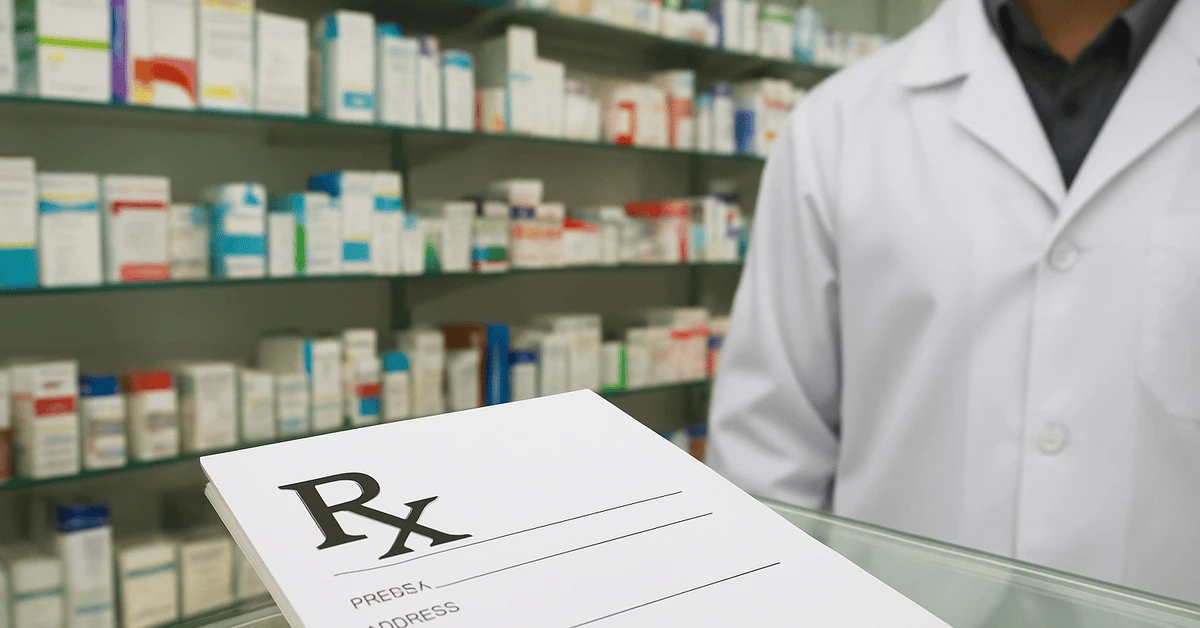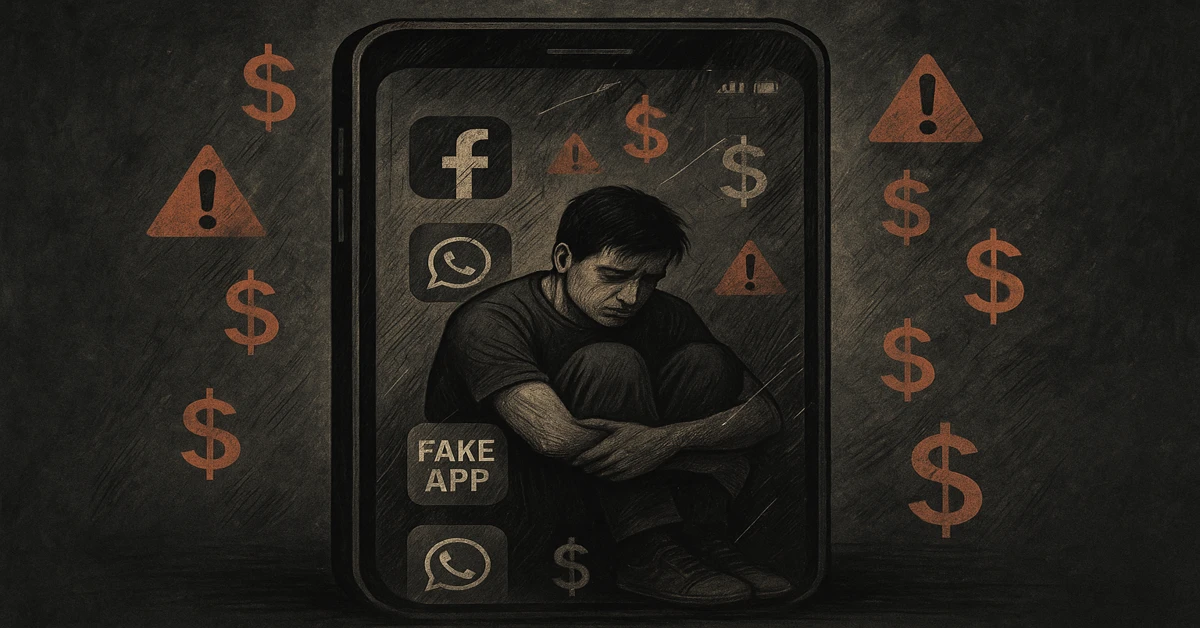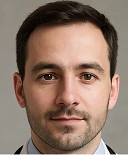Last Updated: September 30, 2025
How Pakistanis Self-Medicate More Than Any Nation: The Dangerous Pharmacy Culture

In Pakistan, the local pharmacy is often treated like a doctor’s clinic. From antibiotics to painkillers, people walk in, ask for medicine, and walk out without ever consulting a qualified doctor. This culture of self-medication has become so widespread that it threatens not only individual health but also the entire healthcare system of the country.
Why Do Pakistanis Prefer Pharmacies Over Doctors?
- Cost Factor: A doctor’s consultation can cost anywhere between Rs. 1,000–3,000, while a pharmacist’s “advice” comes free with a medicine purchase.
- Accessibility: Pharmacies are everywhere — in villages, towns, and even on every street corner of big cities.
- Lack of Trust in Healthcare: Many patients feel doctors prescribe expensive, unnecessary tests or branded medicines, while pharmacies offer “quick fixes.”
- Cultural Habits: Generations have grown up using advice from shopkeepers, relatives, or neighbors instead of proper medical professionals.
- Weak Regulation: In Pakistan, it is easy to buy powerful drugs like antibiotics, steroids, and sleeping pills without prescriptions.
The Dark Side of Doctors in Pakistan
While pharmacies play a major role in self-medication, doctors themselves are not free from blame. In Pakistan, many doctors:
- Run Their Own Pharmacies: Many private clinics have in-house pharmacies, where doctors earn a profit by pushing patients to buy medicines directly from them.
- Prescribe Low-Quality Local Medicines: To maximize profit margins, doctors often prescribe cheaper, locally manufactured drugs that may not meet international quality standards.
- Over-Prescription for Commission: Some doctors prescribe multiple unnecessary medicines simply to increase sales volume for pharmaceutical companies that reward them with commissions, gifts, or foreign trips.
- No Accountability: Unlike developed countries, there is no strict law or monitoring system. If a doctor prescribes something that harms the patient, there are rarely any legal consequences.
- Profit Over Patients: The result is a system where the patient’s health takes a backseat to financial gain — fueling mistrust and driving people back to self-medication through pharmacies.
This cycle of mistrust between patients and doctors is one of the key reasons why self-medication thrives in Pakistan. People believe, “If doctors are also making money from medicines, why not just go directly to the pharmacy?”
The Lifestyle of Wealthy Doctors
Another hidden side of the medical profession in Pakistan is the lavish lifestyle many top doctors maintain, often at the expense of patients:
- Children Studying Abroad: Many doctors send their children to universities in the UK, USA, or Australia, with annual tuition fees running into tens of thousands of dollars. To afford this, they often overcharge patients and over-prescribe medicines.
- Multiple Luxury Houses: For security reasons, some doctors rent or own several homes across different areas. They employ guards, caretakers, and staff, and they randomly spend nights in different houses to avoid targeted crimes.
- Bribery and Tax Evasion: Instead of paying full taxes, many wealthy doctors use political connections or pay bribes to reduce their tax burden. This allows them to maintain luxury cars, farmhouses, and international trips — while patients struggle with basic healthcare costs.
This “doctor elite class” has created a growing resentment among ordinary people. Many Pakistanis now view doctors not as healers, but as businessmen — another reason they turn to self-medication as a cheaper, more direct alternative.
The Hidden Dangers of Self-Medication
What seems like a cheap and convenient solution often leads to long-term harm:
- Antibiotic Resistance: Overuse of antibiotics is creating drug-resistant bacteria, making common infections harder to treat.
- Masking Serious Illnesses: Painkillers or temporary relief medicines can hide symptoms of serious diseases like cancer, tuberculosis, or hepatitis.
- Wrong Dosages: Many patients don’t know the right dosage, leading to either under-treatment or dangerous overdoses.
- Drug Interactions: Mixing medicines without guidance can cause harmful side effects, sometimes even death.
- Mental Health Risks: Sleeping pills and anxiety medicines are commonly sold without prescriptions, leading to addiction and dependency.
Stories From Real Life
Consider Ali, a 25-year-old student in Lahore. For two years, he kept buying antibiotics for recurring throat infections on the advice of his local pharmacist. When his condition worsened, doctors discovered he had developed antibiotic resistance — common medicines no longer worked on him. His treatment became longer, more expensive, and riskier.
This is not just one story — millions across Pakistan face similar dangers every day.
How Does This Compare Globally?
While self-medication exists worldwide, countries with strong regulations strictly control the sale of prescription medicines. In Pakistan, however, almost every pharmacy acts as a mini-clinic. Studies show that self-medication rates in Pakistan are among the highest in South Asia.
What Can Be Done?
- Stricter Regulations: Enforce prescription-only sales for antibiotics, sedatives, and high-risk drugs.
- Public Awareness Campaigns: Educate people on the risks of self-medication through media and schools.
- Affordable Healthcare Access: Reduce consultation costs and expand telemedicine to make professional advice accessible.
- Pharmacy Accountability: Ensure pharmacies are staffed by qualified pharmacists, not untrained shopkeepers.
- Medical Ethics Monitoring: Create an independent body to monitor doctors’ prescriptions, financial dealings, and tax compliance.
The Way Forward
Self-medication in Pakistan is not just a health issue — it’s a cultural one, reinforced by both pharmacies and doctors. Changing this habit requires strong laws, affordable healthcare, and public education. Without reform, Pakistan risks a future where even simple infections could become deadly, and trust in the healthcare system will continue to erode.
FAQs
1. Why is self-medication so common in Pakistan?
Because of high doctor fees, easy access to medicines, weak regulation, and mistrust in doctors, people rely on pharmacies instead of professionals.
2. Do doctors in Pakistan also misuse the system?
Yes. Many doctors prescribe extra medicines, sell from their own pharmacies, send children abroad on patient money, and evade taxes with bribery.
3. What are the biggest risks of self-medication?
Antibiotic resistance, addiction, wrong dosages, and masking of serious diseases are the most common risks.
4. Are all pharmacies and doctors unethical?
No, but the lack of regulation allows both bad pharmacies and corrupt doctors to operate freely without consequences.
5. What should the government do first?
The first step is to enforce prescription-only drug laws, regulate doctor-pharmacy links, track tax evasion, and run awareness campaigns about the dangers of both self-medication and over-prescription.
You May Also Like:

How Junk Food Ads Are Targeting Pakistani Children More Aggressively Than Anywhere Else...

How Your Smart TV Spies on You More Than Your Smartphone...

Why Storage Speed Matters More Than RAM After 2–3 Years of Phone Use...

How Scam Apps, Fake Jobs & Social Media Scams Are Looting Pakistanis in the Name of Online Earning...

